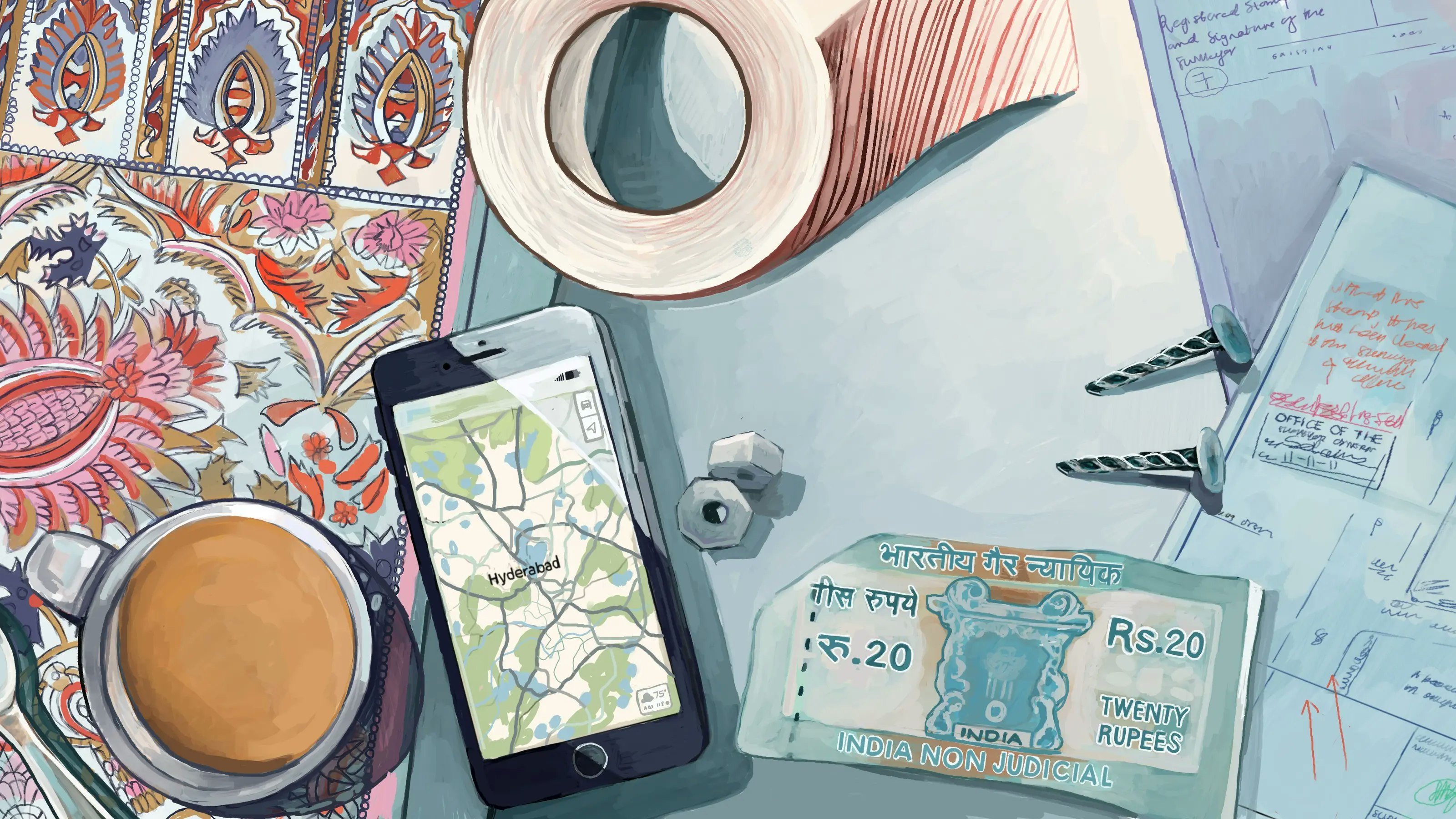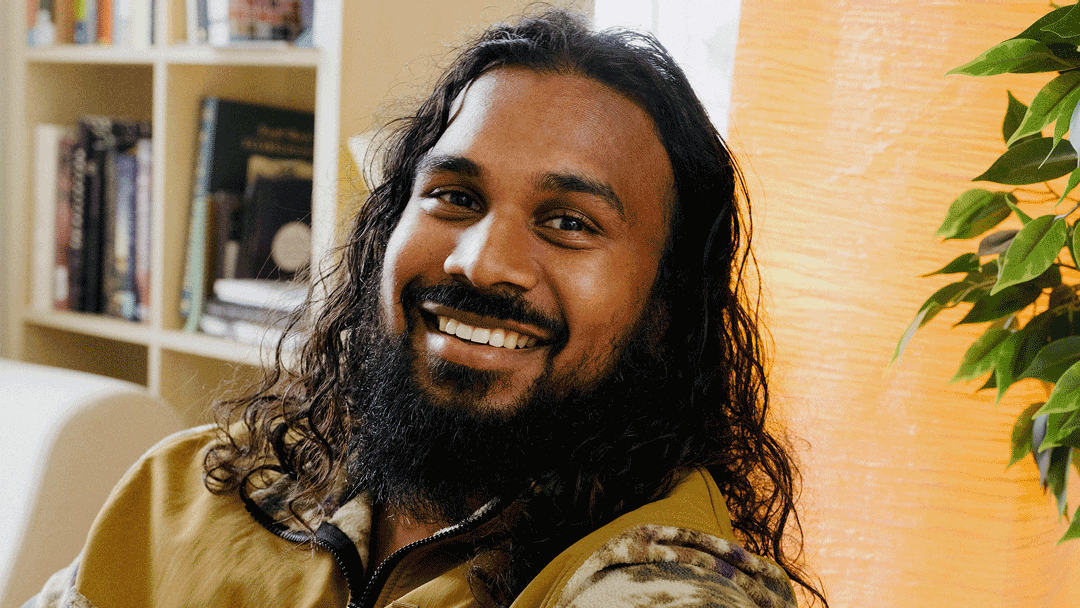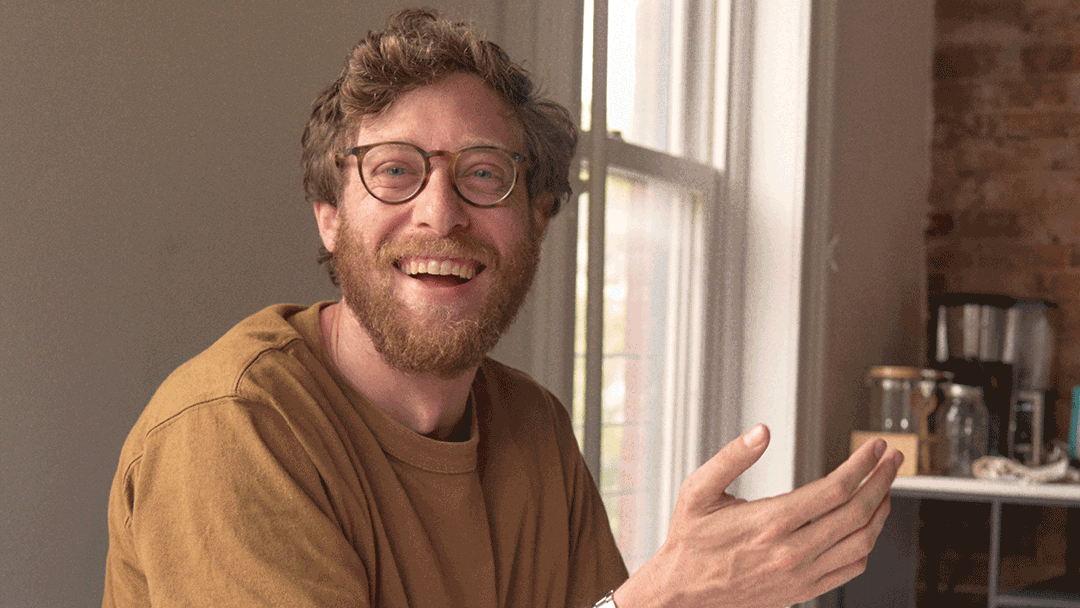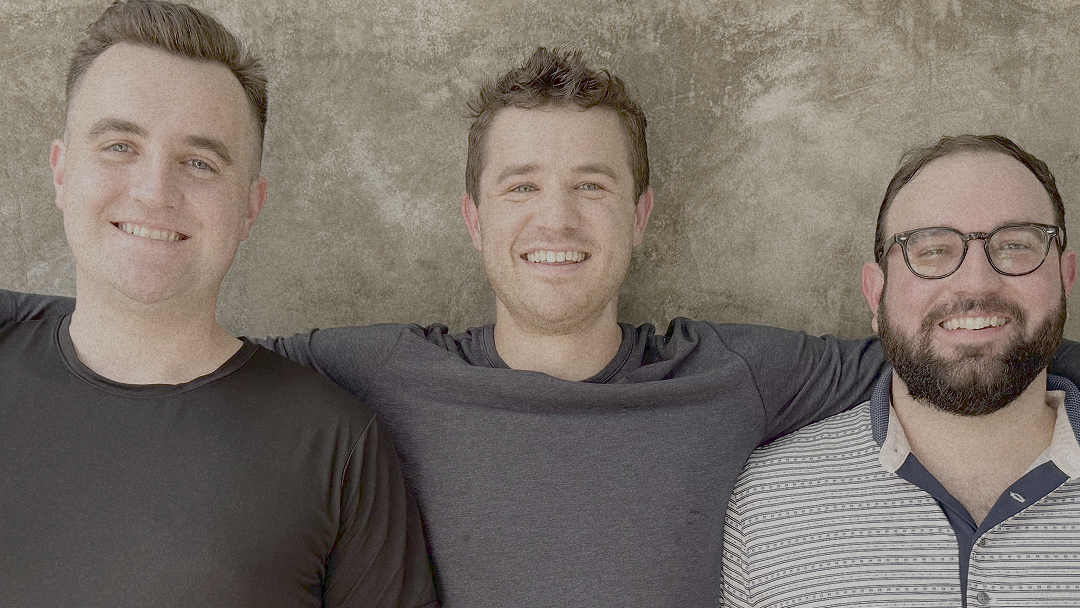Memory Bank: Sanjay Mandava of Landeed

Athena is a Product Marketing Manager at Mercury.
Memory Bank is a reflection on the galvanizing moments in a founder’s journey — a rare glimpse into the human side of their relationship with entrepreneurship, and their relationship with money. For Sanjay Mandava, the conversations that sowed the seeds for what would later become Landeed began at the dining table.
This story is written in the words of Sanjay Mandava, as told to Mercury writer Athena Feng.
When I was nine, my parents moved our family from India to Chicago. During those formative years, I played a lot of sports and quickly discovered that I hated losing — and that I was obsessed with winning. As I’ve gotten older, I’ve come to realize that I want others to win with me too.
My parents were both doctors in the U.S. and they shared a profound dream: to one day return to India and build a chain of hospitals on the land parcels our family had inherited. But before they could break ground, my dad passed away. As a teenager, I remember watching my mom struggle to manage these overseas properties on her own. Every now and then, she would fly back to India to look after the land parcels. We were under constant threat by those who wanted to seize the land, including politicians and bureaucrats. In the end, she never did end up building those hospitals.
Because India was rapidly urbanizing in the early 2000s, each of these parcels was capable of producing VC-like returns. For years, conversations at the dining table were punctuated by the latest news about our land disputes. After each visit to India, my mom would come back with new horror stories. Sometimes it would be government ministers encroaching on our property. Another time, threatening gunmen trying to pressure my mom into signing over our land holdings. A lot of these people saw a single woman living in the U.S. with two young boys as someone they could take advantage of — not a strong, independent woman who had risen up the ranks and built her own career.
At the same dining table where she’d tell us these stories, my mom would also say, “Look, this is our family’s legacy — these are our roots. If you go back to the village where we came from, you will see what our family has built for the community. It is our name inscribed on the bridge, the water tank, the school, and the temple — even the church, despite our family being Hindu — it is our name on these inscriptions, not the government’s.”
For a long time, I didn’t think much of what went on with our land. I was oceans away, working at a hedge fund and making more money than I had time to spend. One day, I got a call from my mom. Once again, our land was being threatened. But this time, something seemed different. As my mom stood on the site where she and my dad had dreamed of building a hospital, I heard a resignation in her voice that I didn’t recognize. She was wondering whether it was finally time to surrender their dream. After all, she loved owning her practice and treating her patients — was this fight even worth fighting anymore?
I’ve always been the type of person who needs something driving me, even if that’s anger. I hated seeing my family being exploited. So as the eldest son, I decided it was my duty to help my mom protect these lands. I’d been born with every tool and privilege that a human could possibly hope for — if I didn’t use them to change something, then what was it all for? I decided to fight.
In India, one of the best ways to protect your land is to build something on top of it. Since ecommerce was taking off, I purchased some additional land parcels and built a chain of mechanized warehouses. That’s how I stumbled into my first startup, GoLorry, an online trucking marketplace. It was enough of a success that I decided to move back to India full-time in 2013.
While I was traveling to raise money for GoLorry, a friend from Chennai called to ask if I had sold my land — someone had apparently erected an illegal meat shop on it. I had fenced in the property and hired security guards to watch over it, but since this was during the Covid pandemic, my security guards had returned to their villages, leaving the land unsupervised.
When I flew back to India, the police asked me to prove that I owned the land. I presented them with the sales deed but they told me it wasn’t enough — a sales deed was nothing more than a record of a two-party transaction. In order to actually prove my ownership, I had to produce an entire collection of property documents — documents I had no idea how to get a hold of.
So this was the original purpose for our MVP of Landeed — to pull documents from the very states where my family owned land so that I could prove that we owned them. I was lucky enough to have the resources to verify my claim, and it didn’t take me long to realize how many other people could benefit from easy access to such documents. I knew I didn’t want them to go through the same burdensome process I did.
Two-thirds of all court cases in India deal with land disputes. What we do at Landeed is help people look up all of the documents related to their property so they can verify their ownership and reduce unnecessary litigation.
By the time I started Landeed and had been living in India full-time, I’d developed an understanding that you have to be a part of a system in order to change it. I can’t just be that activist throwing stones at glass houses, only protesting the way things are. I’d rather use my startup to make sure change actually takes place.
Finding my way back to India began as an excuse for me to build something, but over time, I’ve come to love the place. And it’s funny — when I used to visit back in the day, people would call me Leela’s son (Leela is my mom’s name). These days when she comes back to visit, they call her Sanjay’s mom.
I’d still love to help her build those hospitals someday — although I think she’s too exhausted from what she’s had to see and navigate in India to come back and do it herself. But I tell her: “You stay in America. India is where I’ll be. Whenever you’re ready, just know that I’m here, waiting to help you finish the task.” And who knows, maybe I’ll just do it on my own one day — build what she and my dad dreamed of building. After all, I’m here to stay.
Sanjay Mandava is the founder of Landeed, a comprehensive land title search engine that has provided fast, reliable access to property documents across India for over 1M people, allowing landowners and government officials alike to streamline due diligence in real estate transactions.
About the author
Athena is a Product Marketer at Mercury focused on payments. She got her start in copywriting and loves the sound of babbling brooks.



